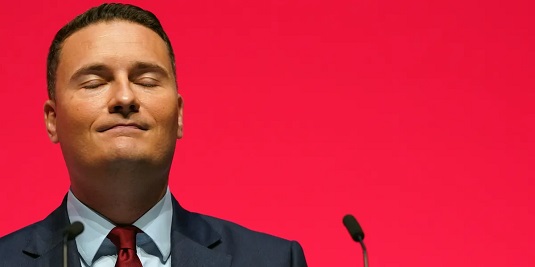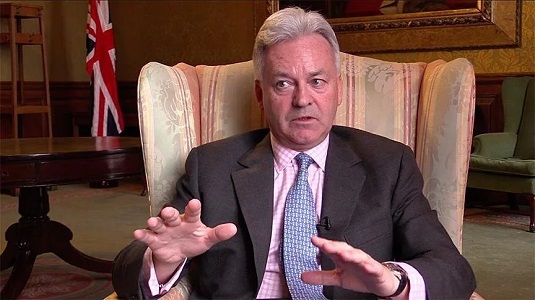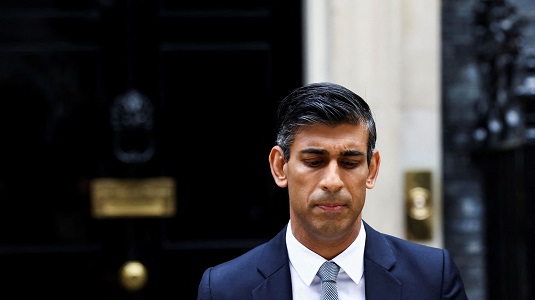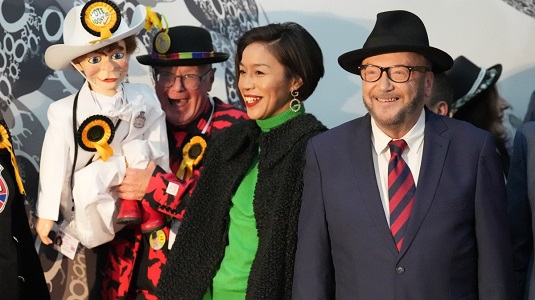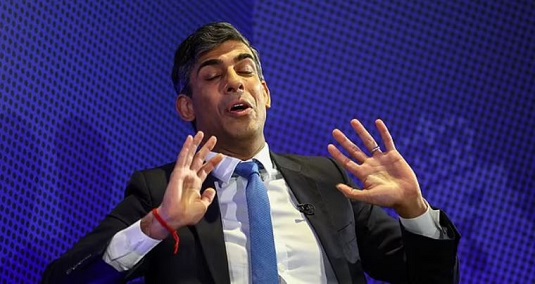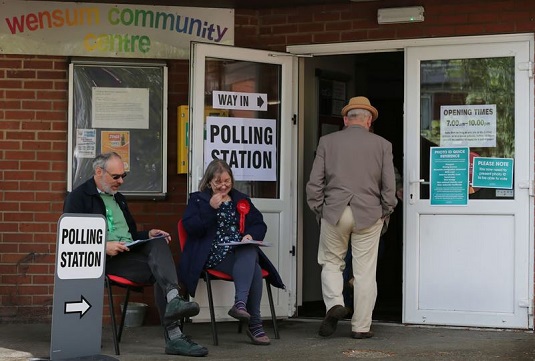
This is not because of Heinlein's iffy libertarian politics. The Moon is a Harsh Mistress is overlong partly because of the digressions on "rational anarchism" by "the Prof", who's the mentor/Lenin of our Moonside rebels and frequently ventriloquises Heinlein's hard right libertarian peccadilloes. Nor is it thanks to the remote chance of such a politics ever mobilising masses of people to overthrow a tyranny. As experience has taught us, market libertarian world views are confined to marginalised weirdos, billionaires, and pampered think tankers. Having ridiculous views and using a novel to expound them doesn't necessarily mean the book itself is going to be bad, as the work of Michel Houellebecq testifies. The problem here is Moon is straightforwardly poor.
A shocking verdict for an author so celebrated that his society hands out its own hard SF awards? Yes, but is toes have some nuggets of interest. As an engineer, Heinlein is credited with may things. Perhaps the most famous was placing a mobile phone in the hands of a character from 1953's The Puppet Masters. And here, fans of retro hard SF won't be disappointed with some of his forecasts. Is Mike, the colony's sentient computer, the first artificial intelligence character in all of literature? Isn't his manipulation of images to create a video of Adam Selene, a fictional leader of the putative rebellion, simultaneously the first appearance of a social media influencer and of deepfakes in fiction? Doesn't the situation of the three main Lunar cities underground in caves and tunnels pre-empt NASA's present plans for a Moon colony? Yes to all of these.
Heinlein's speculation about future family forms is also of interest. As Adam Roberts noted, there is an uncomfortable gender politics running through the novel - more below. Because Heinlein's Lunar colony was set up for the transportation of criminals, there is a 2-to-1 male/female ratio. There are several solutions to this, such as women having two or more husbands. But for the protagonist, Mannie, he's part of a group marriage that was founded a century earlier and that could, in theory, persist forever. This, apparently, is the best response to the straightened circumstances of life on the Moon. It creates a supportive environment for raising children but, more crucially, the chance for pooling capital where capital is sparse and having a mechanism for passing it on to successive generations. Who'd have had Heinlein down as a proselytiser for the Marxist approach to the family? Perhaps not. These extended families are a projection of the petit bourgeois pioneer striking out for land in the old West, "updated" with an adapted sexual morality and a hint of Heinlein's trade mark prurience. Heinlein also has a go at imagining the economic relations between the Earth and the Moon, but cannot escape the old pioneer mindset. I.e. He envisages an economy based on the import of machinery from Earth and the export of ... grain. To get around the exorbitant costs he imagines a catapult, or what's now called a mass driver, for flinging produce to the home planet to help feed its overpopulated billions. A picture that was as absurd then as it is now.
All told, I have two big problems with this book. The writing and the plotting. Heinlein commits the cardinal sin of American SF authors of a certain vintage: the lapse into hokey cokey verbiage. Imagine my horror when I saw the fist chapter was called 'That Dinkum Thinkum'. Why did so many writers of this vintage fancy themselves Mark Twain with a banjo? That said, it's not as gratuitous an offender as some. Heinlein also fails at his efforts of introducing a bit of local colour in the form of occasionally peppering dialogue with Lunar pidgin. Generally, made up dialects fall flat in SF, with The Expanse series being a noted exception, but here it's as intrusive and as unwelcome as the odd lecherous observation. Having Mike and the Prof doing folksy turns grates, and people referring to each other as 'cobber' sounds as out-of-place as it did in post-Crocodile Dundee playground banter. The dialogue is as flat as the characters that speak it, and their personalities are non-existent.
In hard SF novels that often doesn't matter and the writer can, more or less, get away with it by concentrating on the science and the sense of wonder. But good characterisation and believable dialogue is essential in a novel about protest, sabotage, agitation, and revolution. Instead we get tedious discussions about strategy, dull and unconvincing political debates, explainers on party structures, using Mike as a revolutionary weapon, and so on. When we get to the actual overthrow of the Earth-imposed Authority, it accomplishes the very opposite of getting the pulse racing. In fact, the sole bit of well written, pacey drama comes when the Federated Nations - the American-led successor to the UN - tries retaking the Moon by force. The action is suddenly clean and sharp, and all over terribly quickly. A glimpse into what life must be like for wildlife phot0graphers on the hunt for the snow leopard. It's obvious that Heinlein hadn't bothered looking at revolutionary literature about revolution, such as John Reed's Ten Days That Shook the World, Trotsky's History of the Russian Revolution, or Sholokhov's And Quiet Flows the Don. All three married reportage, realistically drawn protagonists, and passion in ways that make them compelling reads. Heinlein's narrative badly needed decent characterisation to elicit the reader's sympathy and emotional investment in the success of the Moon's revolution, and because it hasn't the whole thing falls flat. Who cares if the Loonies succeed or fail when their discontent is painted as grey as the Lunar landscape?
One last word on the gender politics. They are, predictably, awful. All women are either married or end up married. Every woman is "beautiful" and their looks are commented on frequently, with Heinlein placing them on pedestals to be admired and leered at. This is particularly jarring when one of Mannie's young junior wives meets her demise in the brief action sequence. We find out she died after being shot "between her girl breasts". Grim. I'm minded to say there are no aliens in The Moon is a Harsh Mistress, apart from the women. Such sexism puts a question mark over the book's title. For whom the Moon is a "mistress"? Is Heinlein thinking about a harsh world to be conquered by its colonists? If so, that doesn't appear to be the case. Any "problems" of survival come from the Authority's stingy grain price fixing. The drilling of new tunnels is routine. The issue of depressurisation rare. This suggests the harshness is not environmental. Perhaps it might be because the federated powers of Earth treat the Moon as its geopolitical bit on the side, and when it's ungrateful for the trinkets and cast offs it decides to rough up with drop ships and H bombs to bring the wayward gal back into line. Or is it because there's scant chance for men to have any mistresses, harsh or otherwise, owing to the gender imbalance and the alleged higher status women enjoy? It's for the reader to make their mind up.
Why Moon enjoys an esteemed reputation is beyond me. The premise of a revolution breaking out and throwing off the yoke of the Earth is an engaging one, but in Heinlein's hands it's a waste of an interesting conceit. The Moon is no mistress, and this "classic" is a terminally tedious read.
